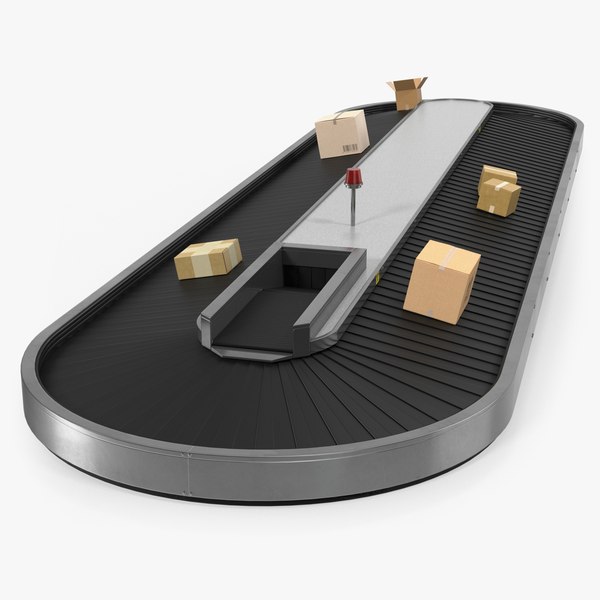Bitcoin took the paper out of that system, and changed it with a stable agreement («consensus») between all the computers in the bitcoin community about the present worth of all of the accounts involved in a transaction. It did this with a genuinely protocol-fashion solution: there’s no middleman extracting rents, and no exponential system complexity from a myriad of various connectors. The blockchain structure is essentially a protocol which works in addition to hub-and-spoke for getting issues carried out, but without the legal responsibility of a trusted third occasion in the middle which might select to extract financial rents. This is actually a great, good thing. The system has some magic properties — similar agreed knowledge on all nodes, ultimately — which transcend paper and past databases. We call it «distributed consensus» however that’s only a fancy manner of claiming that everyone agrees, in the long run, about what fact (in your financial institution steadiness, in your contracts) is.

The argument is that NFTs enable for true possession of digital property and cryptocurrencies the means to facilitate a digital economic system. Metaverses like Sandbox, at present in beta, allow gamers to create in-game gadgets and Ethereum PoW fork own plots of land, on prime of which they can do what they fancy: Construct a home, turn into a merchant, use it for ads or run a virtual enterprise. The concept is that if these worlds come to be inhabited by tens of millions, a la Fornite or World of Warcraft, that land turns into exponentially more invaluable. Boosters say this can result in extra natural user-created worlds, whereas critics say revenue in search of will take the enjoyable out of gaming.
The largest cost by far, however, is electricity. Mining computer systems use lots of energy, and energy costs cash. The precise amount varies relying on where in the world you might be and the way much you’re paying per kilowatt-hour (kWh), but it’s not unusual for miners to spend $0.20-$0.50 per kWh on payments.